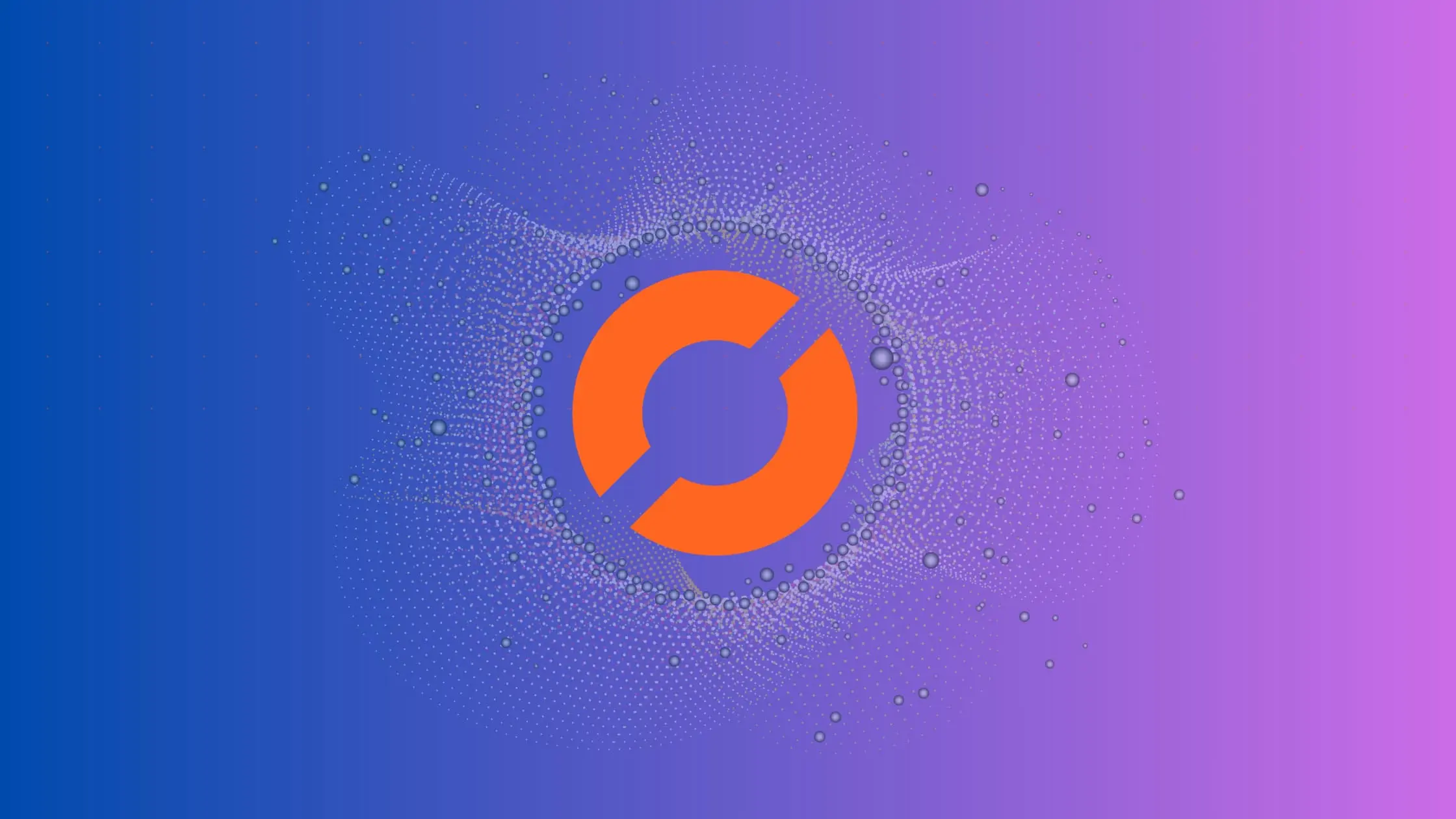Whats the difference between dependencies devDependencies and peerDependencies in npm packagejson file

As a software engineer, you may have come across the terms “dependencies”, “devDependencies” and “peerDependencies” in the package.json file of your Node.js project. These terms are used to define the various types of dependencies that a project may have. In this blog post, we’ll take a closer look at what these terms mean and how they differ from each other.
Dependencies
Dependencies are the packages that are required for your application to run properly. These packages are installed when you run the npm install command. Dependencies are specified in the dependencies section of the package.json file. For example:
"dependencies": {
"express": "^4.17.1",
"mongoose": "^5.12.13"
}
In the above example, express and mongoose are dependencies of the project. The ^ symbol before the version number indicates that any version greater than or equal to the specified version can be used.
When you install a package as a dependency, it’s stored in the node_modules directory of your project. This directory is not committed to version control, as it can be easily recreated by running the npm install command.
DevDependencies
DevDependencies are the packages that are required for development and testing purposes only. These packages are not required for the application to run properly, but they are needed for tasks such as building, testing, and linting the code. DevDependencies are specified in the devDependencies section of the package.json file. For example:
"devDependencies": {
"babel-cli": "^6.26.0",
"eslint": "^7.28.0",
"mocha": "^9.0.1"
}
In the above example, babel-cli, eslint, and mocha are devDependencies of the project. These packages are not required for the application to run, but they are necessary for development and testing purposes.
When you install a package as a devDependency, it’s also stored in the node_modules directory of your project. However, unlike dependencies, devDependencies are not included when you publish your package to the npm registry.
PeerDependencies
PeerDependencies are the packages that your package expects to be installed in the user’s environment. These packages are not installed automatically when your package is installed, but the user is expected to install them manually. PeerDependencies are specified in the peerDependencies section of the package.json file. For example:
"peerDependencies": {
"react": "^17.0.0"
}
In the above example, the package expects the user to have react installed in their environment. PeerDependencies are typically used when you are building a package that is meant to be used as a library or a plugin. By specifying your dependencies as peerDependencies, you can ensure that your package is compatible with different versions of its dependencies.
Conclusion
In conclusion, dependencies, devDependencies, and peerDependencies are all important parts of the package.json file in a Node.js project. Dependencies are the packages that are required for your application to run properly, devDependencies are the packages that are required for development and testing purposes only, and peerDependencies are the packages that your package expects to be installed in the user’s environment. By using these three types of dependencies properly, you can ensure that your project is properly structured and can be easily maintained and updated.
About Saturn Cloud
Saturn Cloud is a portable AI platform that installs securely in any cloud account. Build, deploy, scale and collaborate on AI/ML workloads-no long term contracts, no vendor lock-in.
Saturn Cloud provides customizable, ready-to-use cloud environments
for collaborative data teams.
Try Saturn Cloud and join thousands of users moving to the cloud without having to switch tools.



